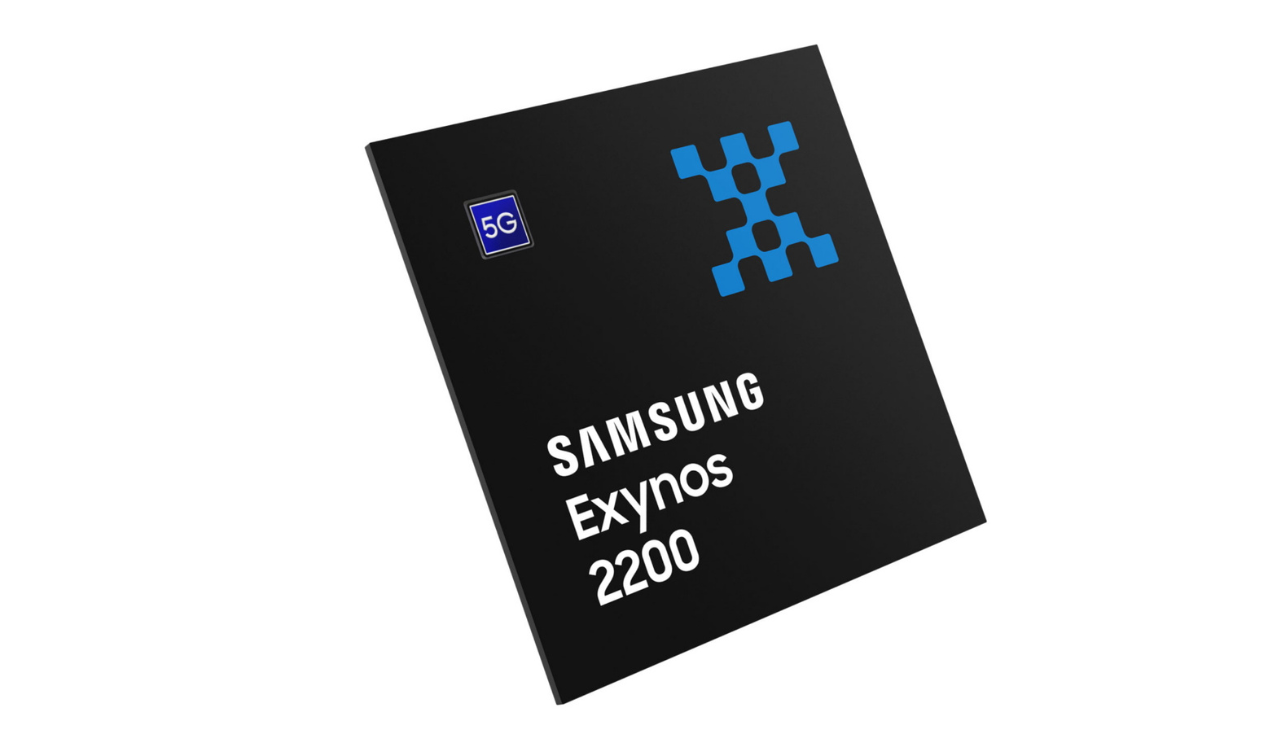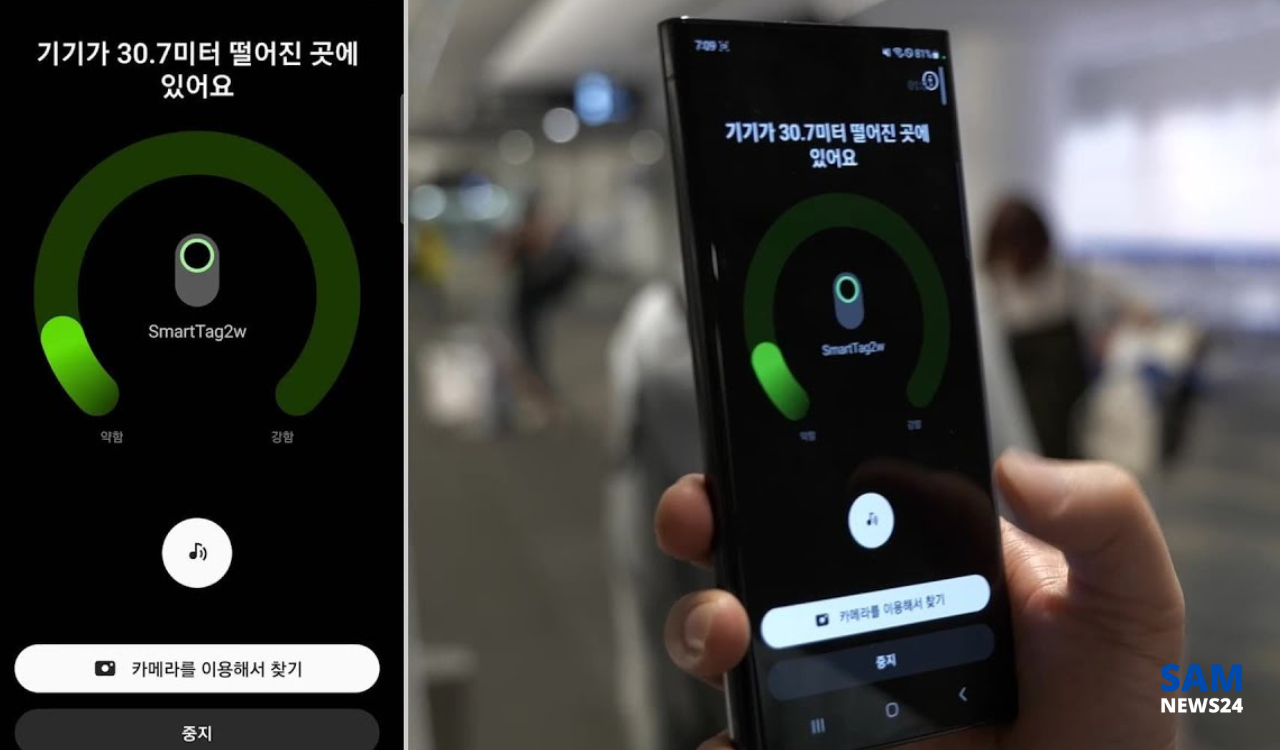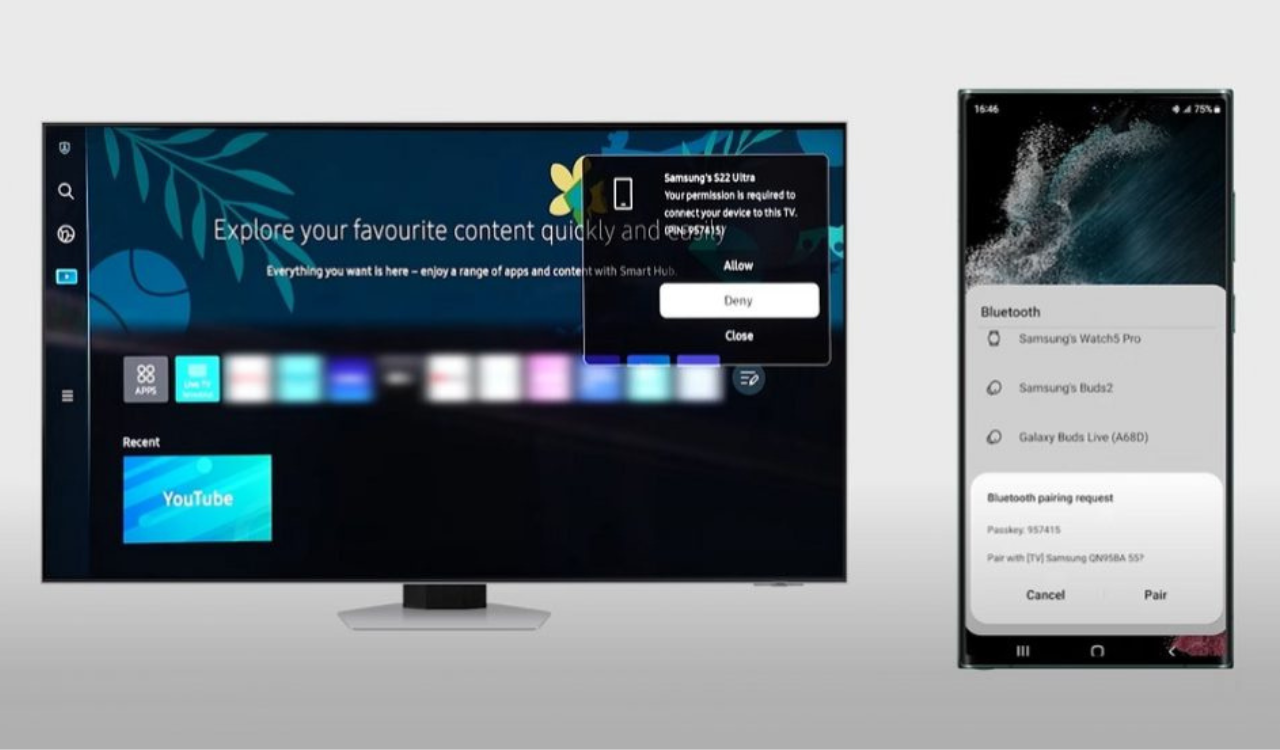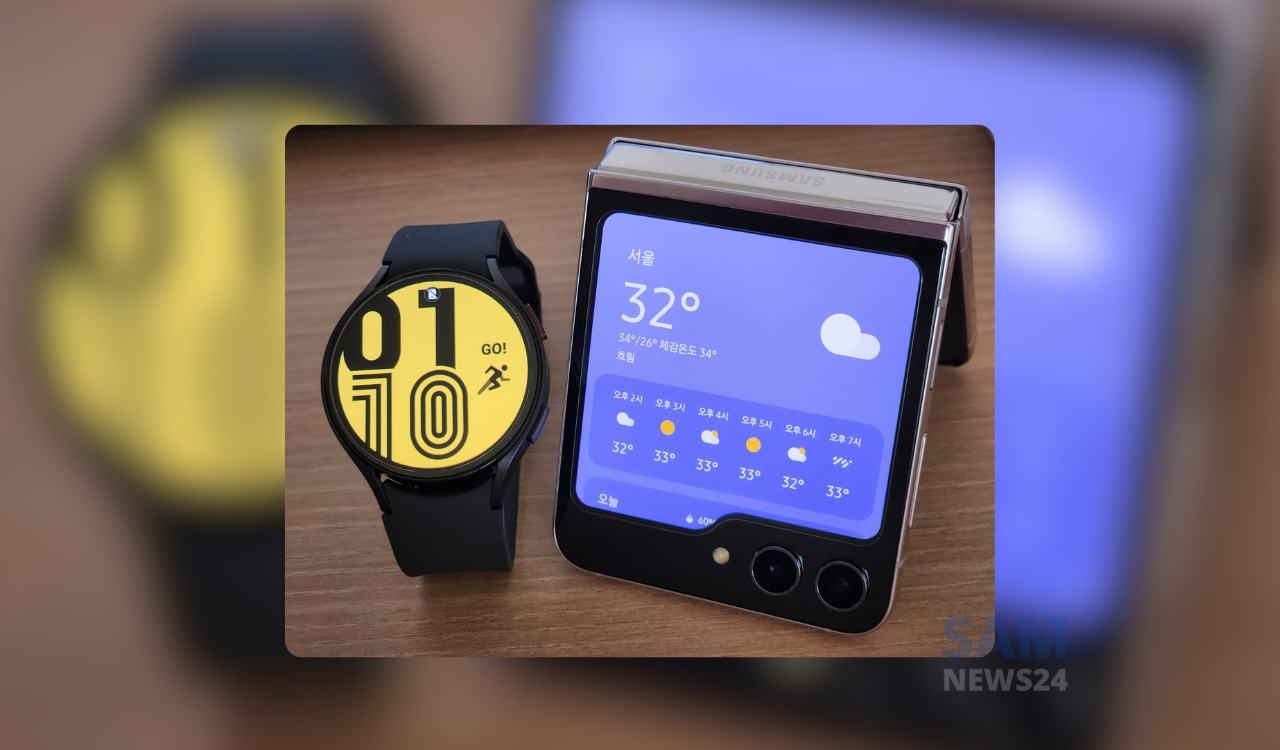Samsung is reportedly decided to append down its own mobile application processor (AP) for two years. Yes, you read it right, the company will hire all Qualcomm’s Mobile AP for the next Galaxy S24 models (Galaxy S23 also using it).
The AP (Application processor) is the key component that acts as the ‘brain’ of smartphones and tablet PCs. Till now, Samsung used its own mobile AP ‘Exynos’ and Qualcomm’s ‘Snapdragon’ on its higher-end variants (S Series), but the company has decided to use only Qualcomm products until next year.
As we already know, the Galaxy S23 Series is equipped with Qualcomm’s latest mobile AP ‘Snapdragon Generation 2’, which is known to be a dedicated product that increases the speed of operation and is improved to fit the Galaxy phone.

Earlier, Samsung faced several controversies regarding poor performance and heat in the ‘Exynos 2200’, which was installed at the time of the Galaxy S22 launch last year. In particular, it became a problem that the GOS (Game Optimization Service) function works when running high-end games.
For your information, it is a function that adjusts AP performance when playing games to reduce heat and battery consumption. A mobile AP combines a CPU (Central Processing Unit), GPU (Graphic Processing Unit), NPU (Neural Network Processing Unit), communication modem, and high-performance image processing unit (ISP) in charge of artificial intelligence (AI) calculations into a single system.
Meanwhile, Samsung’s system LSI Division is developing with the goal of mounting the next-generation ‘Exynos’ starting with the Galaxy S25, which will be released in 2025. It will be produced with the latest 3 nanometer (nm · 1 billionth of a meter) foundry process, and the goal is to surpass Qualcomm or competing products in performance.
Samsung may be following Apple’s precedent to getting its own AP roadmap. Apple has been making its own mobile AP based on an ARM design and has recently expanded its application to PC products. Similarly, Samsung is also moving forward to detail-oriented manufacturing products optimized for its own smartphones rather than installing new products every year due to the performance controversy of ‘Exynos 2200‘.

FOLLOW US ON SOCIAL MEDIA – Telegram, Twitter, Facebook and Google News.



























